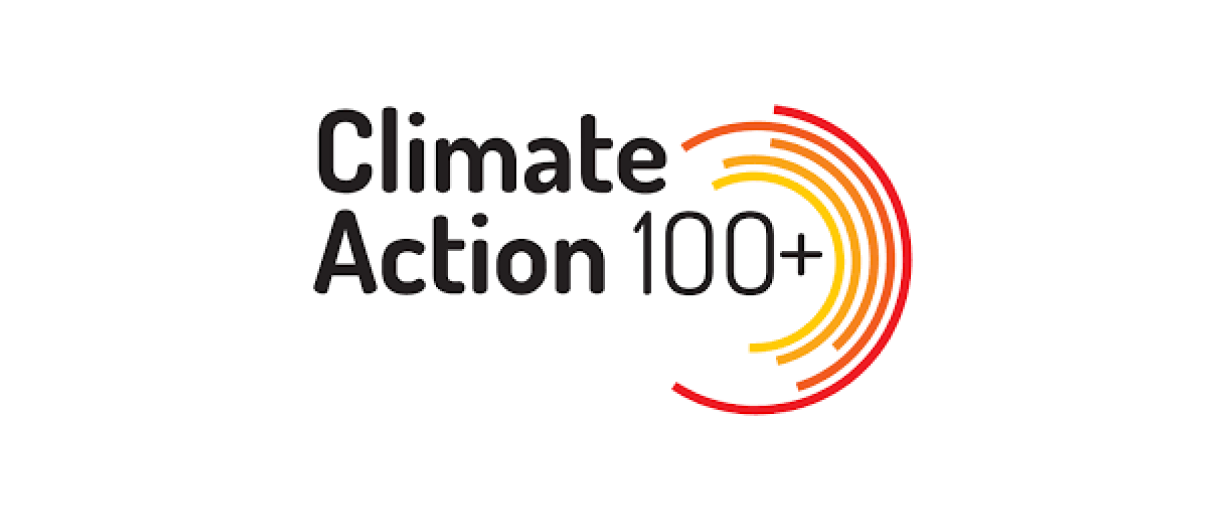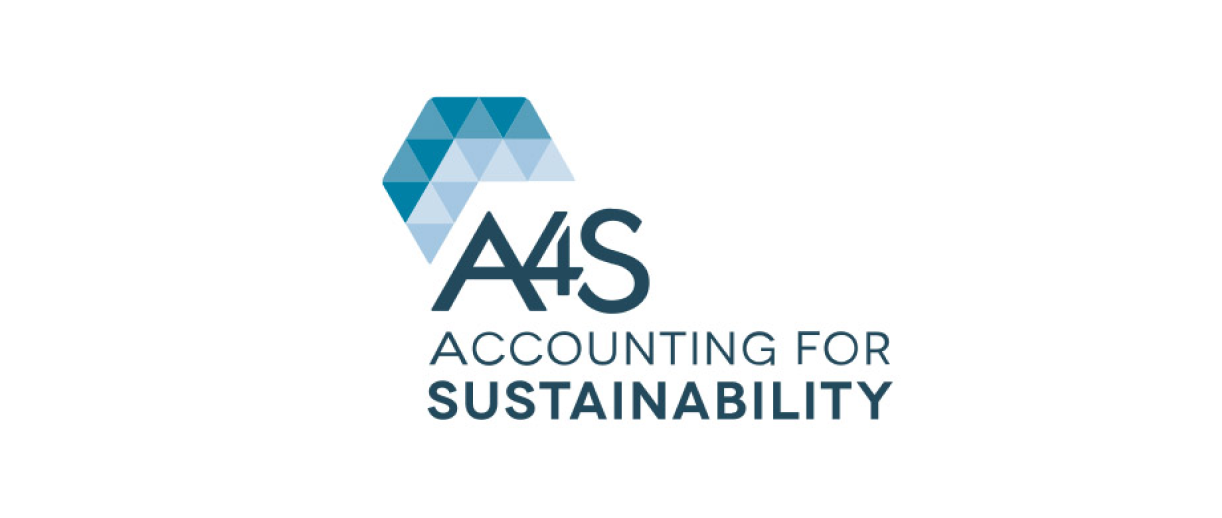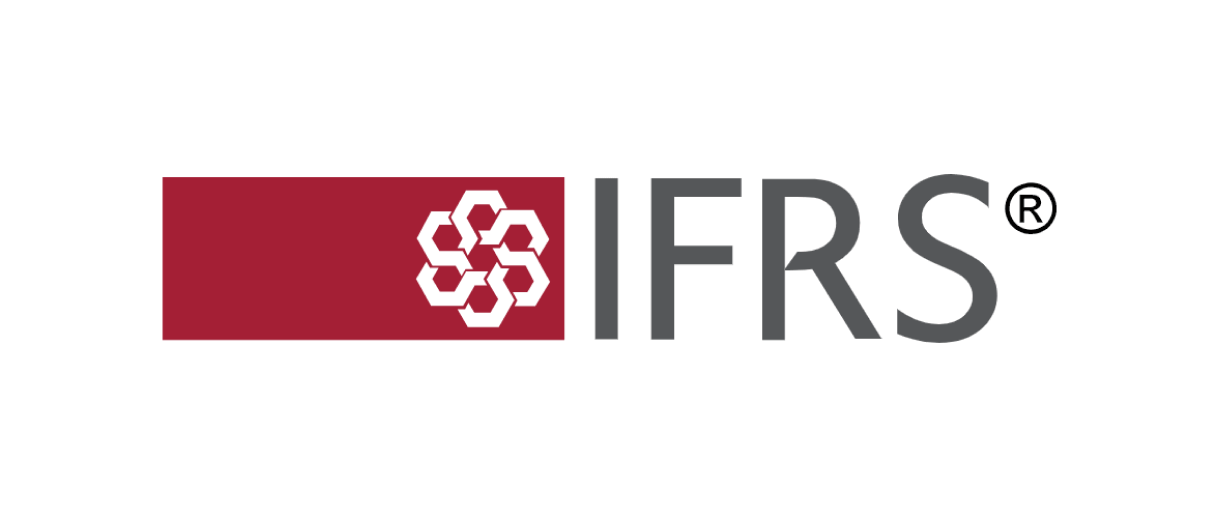OMERS Sustainable Investing Approach
As an active investor with a long-term horizon, we look to identify and assess how changes in the world around us may affect or be affected by our investments, and our ability to deliver on the pension promise. This includes continuous review and analysis of the influence sustainability factors may have on value, risk and opportunity in our investments.
We believe that well-run organizations with sound sustainable business practices will perform better over the long term, which is why we incorporate the consideration of sustainability factors into our investment due diligence and asset management activities where relevant and material. Our approach is grounded in three pillars: integration, collaboration, and engagement.
Integration
We seek to integrate sustainability factors into our investment analysis and decision-making processes, and our asset management practices.
OMERS integrates sustainability factors into our investment analysis and decision-making processes, and our asset management practices. These factors may have a material impact on investment performance. Our investment and asset management teams assess sustainability factors through processes tailored to the applicable asset class and investment strategy.
OMERS employs awith the majority of its investment assets. For these investment strategies, we integrate relevant sustainability factors into our investment due diligence and approval processes, highlighting material sustainability factors to the investment approval bodies. We also integrate relevant sustainability factors into our asset management approaches; our influence in this regard is commensurate with our level of ownership.
For strategies not managed directly by OMERS, we work with partners and external investment and asset managers. We have processes within each business unit (BU) to assess their alignment with the principles described in this Policy. ESG assessments are performed when engaging new external investment and asset managers with the objective of avoiding inconsistency with OMERS approach to sustainable investing. This assessment includes the review of applicable ESG policies, reports and procedures.
Exclusions
Any industry or sector exclusions are determined based on a set of criteria approved by our Executive Leadership Team that consider risks posed by sustainability factors, as well as OMERS fiduciary duty.
We believe that investments in companies engaged in the following activities meet those criteria, and therefore do not meet our risk-return requirements:
civilian firearms manufacturers;
cluster munitions and anti-personnel landmines manufacturers; and
tobacco producers and manufacturers.
As part of our Climate Action Plan, we prohibit direct investments in companies with material revenue from thermal coal.
Collaboration
We collaborate with diverse partners to create a more powerful voice and influence on sustainable investing practices.
We recognize that the long-term health and sustainability of financial, environmental and social systems can impact the delivery of the pension promise. As such, we believe that through collaboration with like-minded institutions, advocacy, and partnership building, we amplify OMERS voice on sustainability issues.
Advocacy:
We continue to support the discussion of sustainable business and investment practices around the world, with the goal of improving the overall sustainable finance system. Through engagement with partner organizations, we participated in a number of discussions regarding climate-related business and investment activities. We strive to promote better transparency and standardized disclosure of sustainability-related information, here are some examples of these contributions:
Leading Canadian Pension Plan Investment Managers Support CSSB Standards
Canadian Sustainability Standards Board’s (CSSB) Proposed Disclosure Standards Submission
Diversity Related Disclosure Proposed Changes Submission (CSA)
Here are some of the important organizations we partner with:
Engagement
We actively engage with many of our investee companies and other industry stakeholders to advocate for the consideration of sustainability factors and a long-term mindset.
Engagement is a hallmark of our stewardship of the OMERS Plan assets.
For asset-level engagement, our approach is informed by our specific investment strategy and our level of control and influence. Through our engagement activities, including our proxy voting program, we seek to encourage actions by company boards and management teams that will enhance long-term shareholder value. In our private markets investments where we hold direct ownership, OMERS engages with investee companies in various ways. For example, where we have a significant ownership stake, we typically have negotiated governance rights, which may include board participation.
Proxy Voting
Consistent with our fiduciary obligations, OMERS exercises its ownership rights by voting proxies diligently and in a manner intended to optimize the long-term value of its investments. Our Proxy Voting Guidelines are available on our website alongside a subset of our proxy voting records. These are intended as a guideline for OMERS and to assist the directors and management of companies in which we invest, as well as other stakeholders, to know in advance how we are likely to vote on issues of importance.



